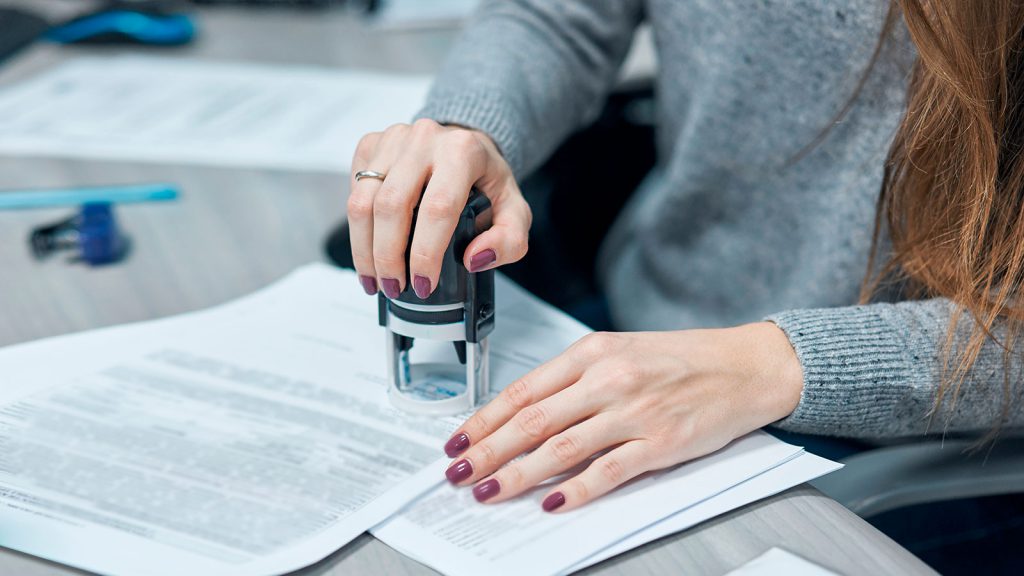
Why Notorize?
A notary acts as official, unbiased witness to the identity and signature of a person who appears before the notary for an oath or affirmation, or to sign a document. The notary’s signature indicates that the notary verified the identity of the person who appeared and willingly signed, executed, or acknowledged the document.
Get a Document Notarized (FREE)
- Book an Appointment. Notary service is available at no charge to library users. To ensure one of our notaries will be available to assist you, we encourage you to book an appointment online, or make a request in person, using our live chat, or by calling 630-260-1550. Walk-in requests are not guaranteed to be fulfilled.
- Review Your Document. Before heading to the library, it’s important to check and review the document. Be sure your document is completed correctly. If there are any areas of the document that need to be filled in, complete them beforehand. Do not sign the document! The signature must be witnessed by the notary public, so it’s important to leave the signature sections blank until you meet with the notary.
- Bring I.D. for All Involved Parties. As the purpose of notarizing a document is to guarantee the identity of the person signing the document, it is imperative that every party who needs to sign the document be physically present and possess proper photo I.D. for the notary to check. Bring current, unexpired photo identification (in English) with a signature issued by a U.S. state or federal government, such as a driver’s license, state ID card, U.S. military ID, or U.S. passport. International passports are only accepted if they are in English.
- Present Materials to the Notary. The document should not be signed yet. In order for the notary to have a general idea of the contents, they may quickly read it. Then they will instruct you as to how to sign and date each relevant section of the document.
- Ensure Completion. Upon completion of the notarization, check with your notary to see if any further steps need to be taken. The notary may stamp the document themselves, and they may also fill out a notarial certificate or a notarial journal in accordance with local laws. The notary will inform you if it is also necessary for you to sign the notarial journal. Once this process in completed, your document has been officially notarized.